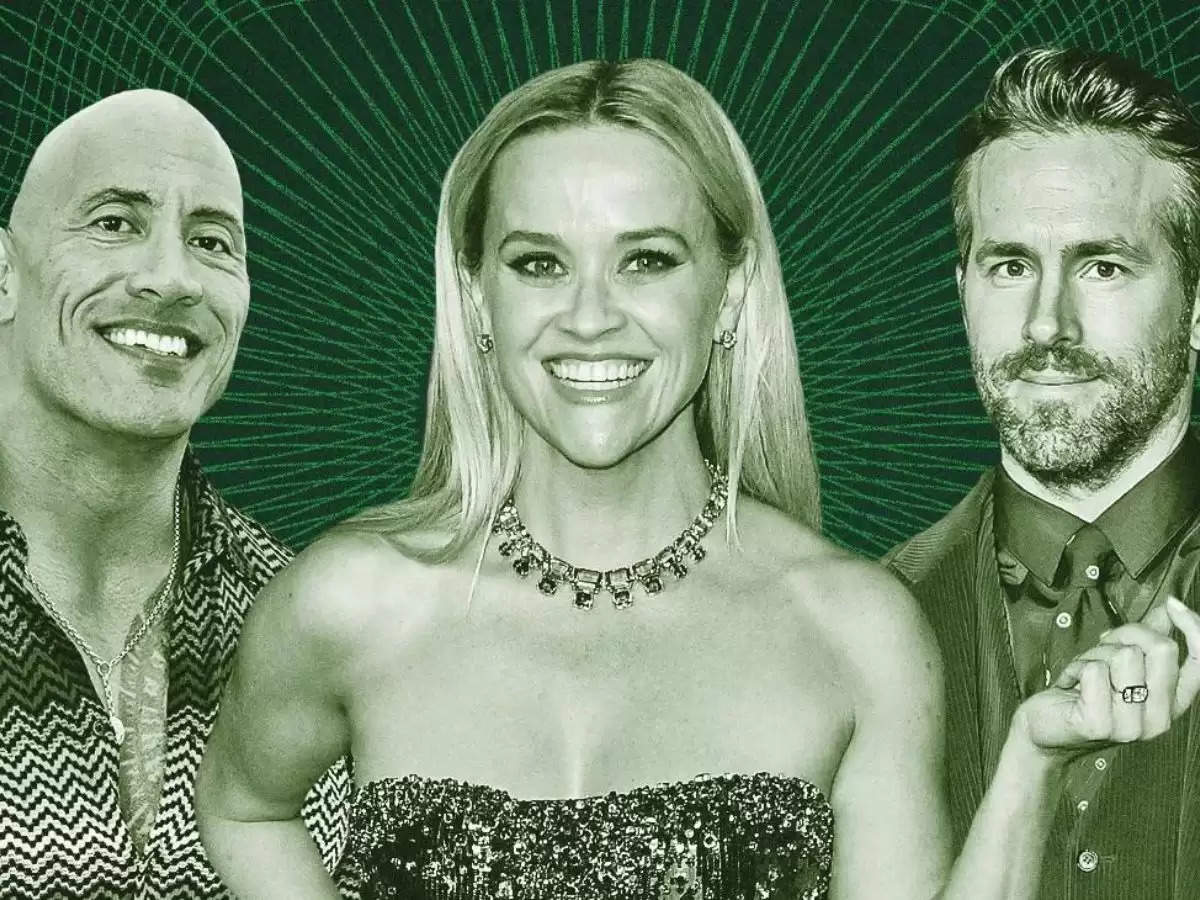'Moguls' reveals the 'power behind the power' in Hollywood

Times of discover News: "Moguls," a dual biography by two Hollywood heavyweights Michael Benson and Craig Singer, reminds us that these movie pioneers long remained in the shadows.
Studio chiefs such as Louis B. Mayer (MGM), Harry Cohn (Columbia), Adolph Zukor (Paramount) and David Sarnoff (RKO) are household names. The Schenck brothers -- Nicholas and Joseph -- have controlling interests in three major studios, MGM, 20th Century Fox and United Artists, yet nobody knows who they are?
"That's really the question we had in mind," Benson said during a joint phone interview. "The answer is: It was by design. These guys didn't seek or desire the spotlight. They were the power behind the power." While "Moguls" (Citadel Press, published Sept. 24) is a joint biography, the brothers were not a team. "Nick was against publicity. I'm not sure who was against publicity," Benson said.
"When Nick was on trial for tax evasion, he was in front-page news. It was right before Pearl Harbor and once Pearl Harbor happened" — the Dec. 7, 1941, attack that pushed the U.S. into World War II — "it was forgettable." The brothers, who live on different coasts, "talk three times a day. They look like gangsters, but they're not," Singer said. "The business they were in was legitimate, but they ran it like gambling dens. Joe had a lot of friends in Hollywood, whereas they were intimidated by Nick, who was the only person on the list of the top 10 richest people in America who was a Jewish man."
The two brothers helped the pro-Hitler German Bund win in Hollywood in the prewar years. "They both invested in secret infiltration of the German Bund to prevent the takeover of L.A." Benson said: "Joe never cared what people thought. He created an industry that didn't exist before.
Nick didn't want a legacy and he told his family to answer all questions with 'no comment'. They were instructed to say 'no'." — and they still do." He was never the studio head, but his power center was Eddie Mannix. "When they needed a fixer, they called Eddie — and he did a lot of fixing," Benson said. "Coverups, payola, anything that wasn't on board."
"When Nick met Mannix, he was a naughty kid and had just moved west as a full-time fixer and was looking at New York." "And that's the only reference to Nick Schenck."
Mannix also appeared in the 2006 film "Hollywoodland" about George Reeves, who committed suicide — though many believe he was murdered. The TV superman co-starred with Eddie Mannix's wife, Tony Mannix, in the 1950s. When Reeves left her, "Tony Mannix went to Eddie and said, 'He's not treating me right. What are you going to do about it?'

